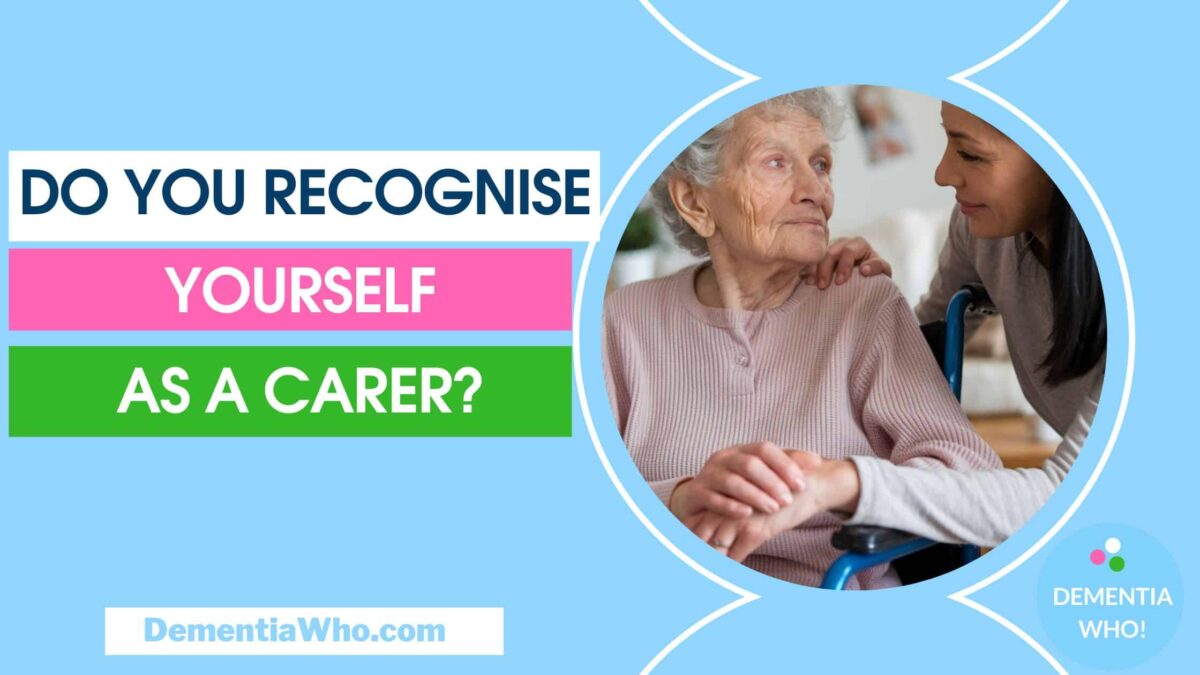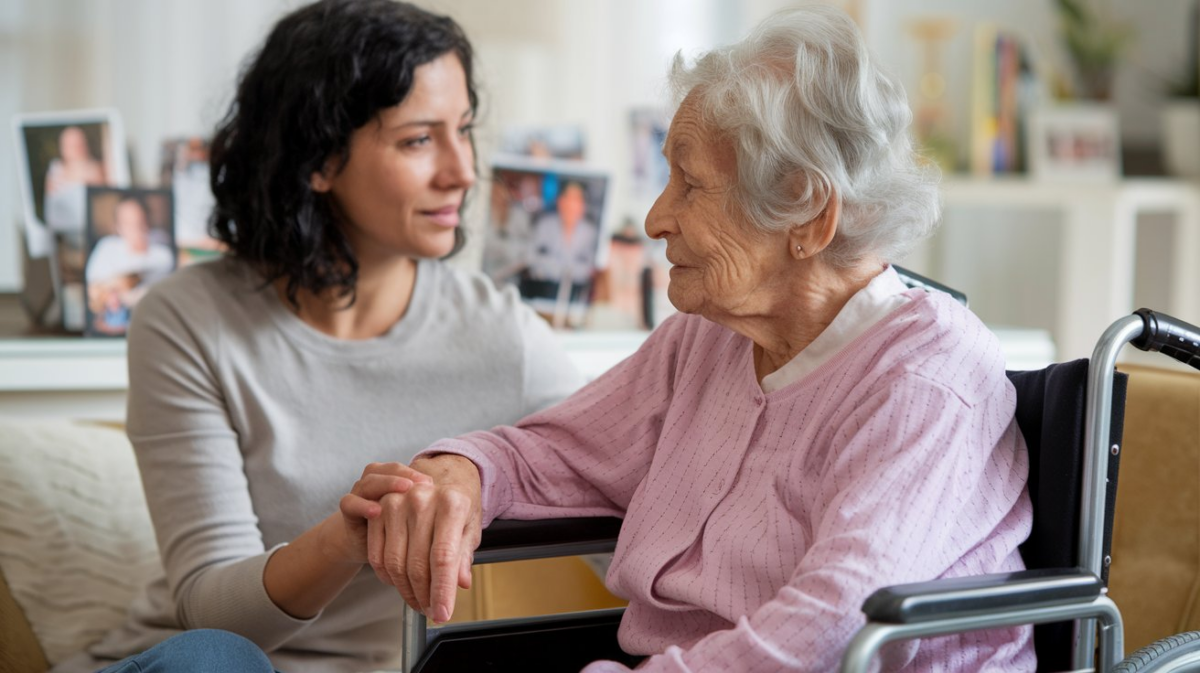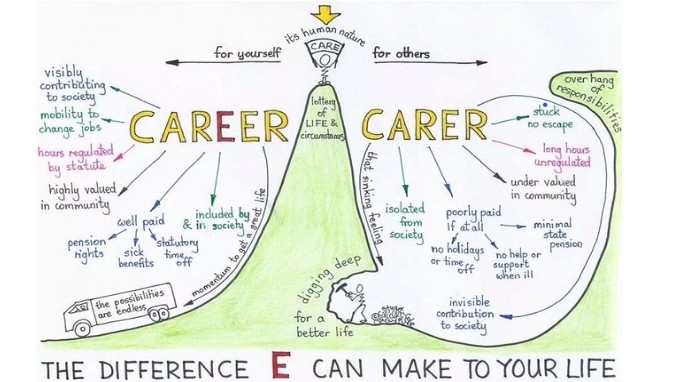I didn’t recognise myself as a carer for a very long time. I just got on with it. I left my job when my mum became too ill, and saw it as my responsibility to look after her, just as she had looked after me. So the question is are you a carer?

The Decision to Leave Work
Initially, I moved to part-time work when my mum was diagnosed with Alzheimer’s disease, but she began having frequent falls. Eventually I had to leave work altogether as the situation worsened. One day, I came home and she couldn’t tell me if she had let strangers into the house or not—she just wasn’t sure. That’s when I knew I had no choice but to be there full-time. I didn’t see myself as a carer, just a loved one stepping in when needed.
How “Stepping In” Changes Your Life
I didn’t fully realise the impact of that until years had passed. Life changed gradually, and with it, my sense of identity. I feel like I’ve lost who I am, becoming invisible to my family and friends. I resent that I’m doing this alone. Offers of help come in, but they rarely materialize, or when they do, it’s only for the odd occasion. That’s when I realised I’d become a carer.
The Emotional Rollercoaster of Being a Carer
Don’t get me wrong, I love my mum and cherish moments of joy, like when she gives me a stolen smile first thing in the morning. But caring is also lonely, frustrating, guilt-ridden, sad, and incredibly tough. It’s both physically and emotionally draining—a never-ending rollercoaster that I ride every single day. This past week has been the hardest, as mum’s dementia worsened due to a UTI. The infection has made her scared, anxious, and confused, and despite the medication, it feels like the dementia has progressed.

The Harsh Reality of Carers Allowance
It’s hard, and when I look at what society offers us in return, I can’t help but feel disheartened. The government provides a benefit called Carer’s Allowance, where you get £81.90 a week if you care for someone for at least 35 hours and they qualify for certain benefits. £81.90 a week—it’s not a lot, is it?
Katy Styles, a carer and activist, summed it up perfectly in a tweet back in 2018, the sad fact is that even though the rate has increased, it has only increased by inflation so her tweet is as relevant today as it was when it published as you can bet train travel has increased more than inflation!
What did I spend my £64.60 Carers Allowance on this week? I spent £76 on my train travel to a London hospital to discuss the complex eye surgery I need. It didn’t even cover it. Is it any wonder carers neglect their own health and wellbeing #ValueCarers— Katy Styles (@WillowKaty) August 24, 2018
The Financial Burden of Caring
Compared to what I earned when I was working, that allowance feels like a pittance. Yet, we save the government billions by providing care 24/7. Some of us are fortunate enough to have outside carers, but even that often comes out of pocket or is partially subsidised by local councils. Social care plans have been neglected by successive governments—no one wants to alienate voters by taking responsibility for this growing issue.
As carers, we bear the burden where we can. We make a huge, invisible contribution to society, yet we remain undervalued and underpaid.
The Priceless Contribution We Make
Despite this, the contribution we make to our loved ones is priceless. Yes, I now recognise myself as a carer, and I’m proud of that. But we need society to recognise the critical role we play. The shift from a traditional career to caring is a monumental change—who would have thought that one little “e” in “career” could make such a difference?
Caron Stuart-Cole beautifully captures this idea in her artwork, showing the contrast between a “career” and a “carer.”

Join the Fight to Value Carers
If you want to help carers get the recognition we deserve, consider supporting the ‘We Care Campaign’, a volunteer-led movement run by unpaid carers. Their mission is simple: to campaign for all of the UK’s unpaid carers to be valued.
So, do you recognise yourself as a carer? Because I finally do.

